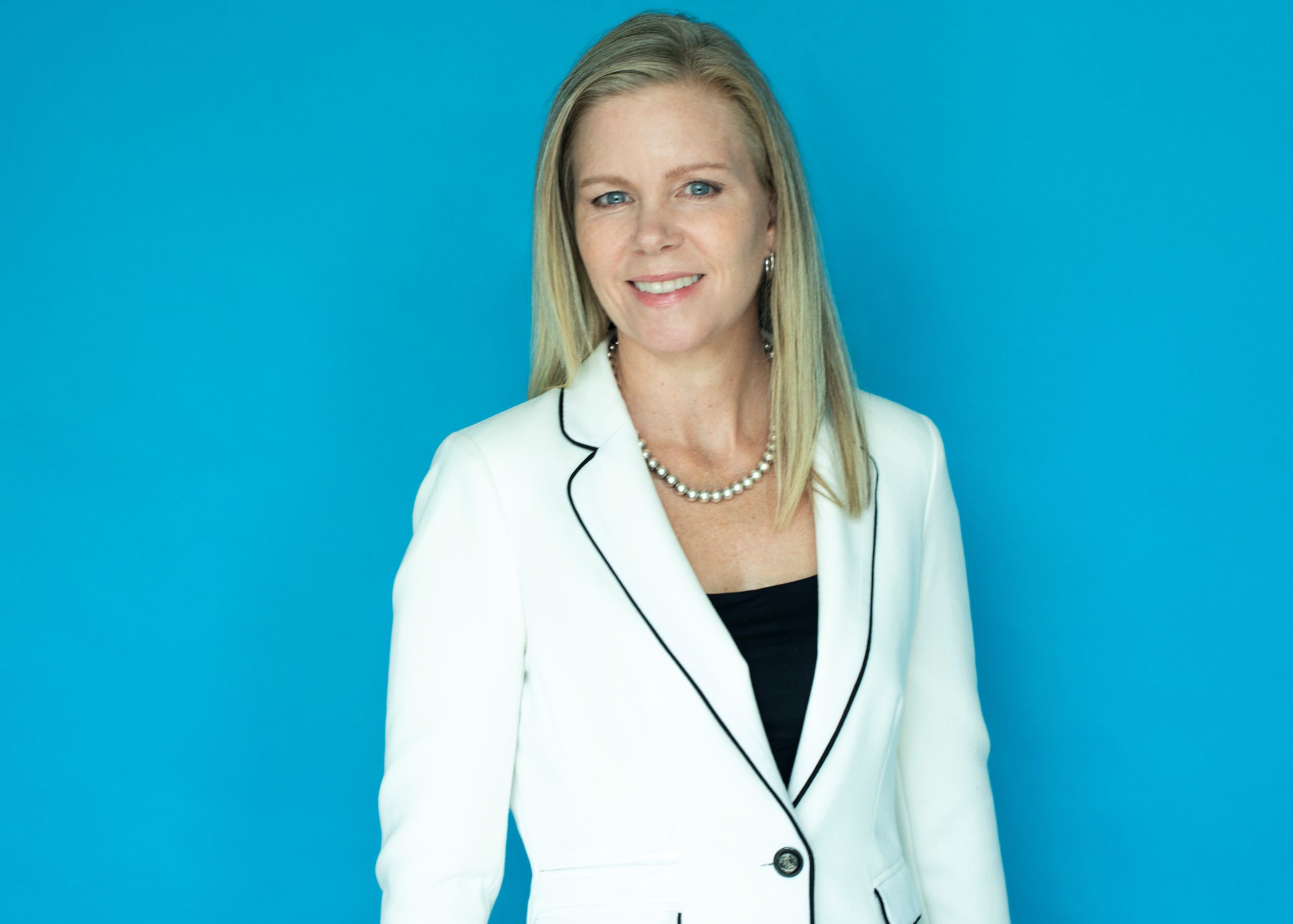
How To Prime Your Business For Higher Interest Rates
Author: Samuel Cummings, Associate Vice President and Market Lead, Mississauga
Rising interest rates and soaring inflation, along with the lingering affects of the COVID-19 pandemic, are affecting every aspect of the Canadian economy. Sound financial planning and personalized advice continues to be your essential tool in a volatile market. As Associate Vice-President and Market Lead for CWB in Ontario, I share some thoughts on the challenges facing business clients today.
Q: How is inflation impacting the business owners you work with?
Samuel: There’s an element of sector specificity to this. For certain clients, higher prices are impacting their ability to obtain supplies and deliver their products and services on time. Inflation is also affecting their ability to forecast profitability and revenue. On the other hand, some sectors – insurance, for instance – are very comfortable with higher rates and the improved profitability outlook they bring. That said, we know the concept of “lower for longer” does not apply anymore when it comes to rates.
Q: How are businesses dealing with rising rates and higher inflation?
Samuel: For many companies, the challenge right now is how much of their increased costs – whether because of higher interest rates or input costs for materials or services or labour – can they pass along to their customers. We have had some clients who have decided to lock in, but others are taking a more wait-and-see approach. Even if companies have to absorb rising costs, some see fixed rates as tying their hands.
Q: What can businesses and individuals do to weather this period of uncertainty?
Samuel: The most prudent approach is to create a plan that takes the potential for downturns into account. That’s why I go back to advice. The foundation is a financing plan, or an investing and retirement plan, that is built around your goals and then reverse-engineers a strategy that factors in what might happen
It also comes down to risk. How are you managing it? On the investment side, asset allocation is king, and the key is to reverse-engineer your portfolio allocations based on your goals. And the last thing on investments is diversification, so it’s not all-or-nothing. In periods of volatility, those foundational strategies for managing allocation and diversification can make all the difference.
Q: What other concerns do businesses have right now?
Samuel: A major one is talent and succession planning. Some businesses did not have a clear succession plan, but the pandemic brought the issue to the forefront for many of them. It has made owners think more deeply what’s important in their lives, and about what the business might look like when they are not there. That ties into talent. Who leads when the owner is gone? Family? Workers? The executive team? Those are the types of conversations our relationship managers are having with clients, giving them a sounding board for ideas and leveraging the power of advice.







